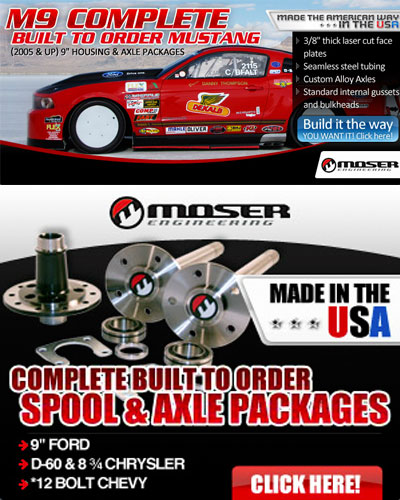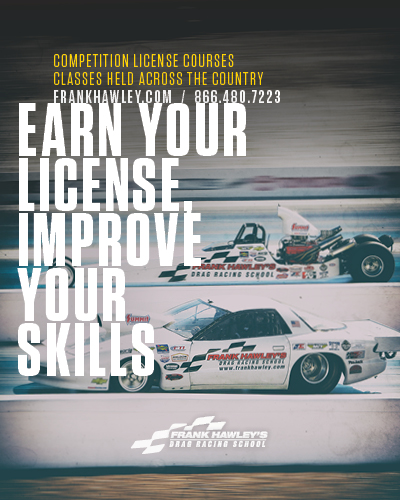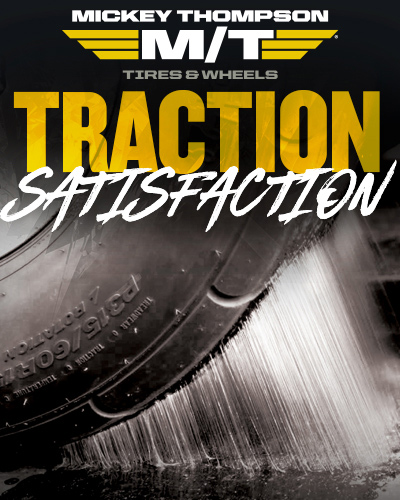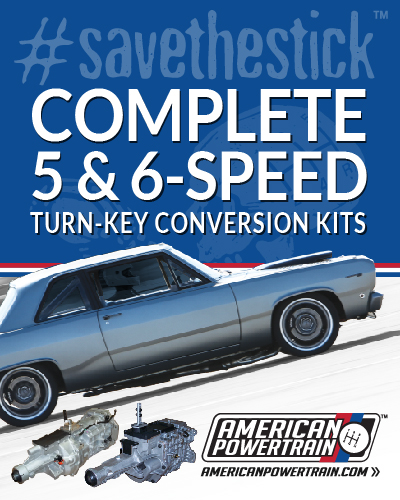NHRA PRESIDENT CROMWELL CONFIDENT SPORT CAN SURVIVE CURRENT CHALLENGE
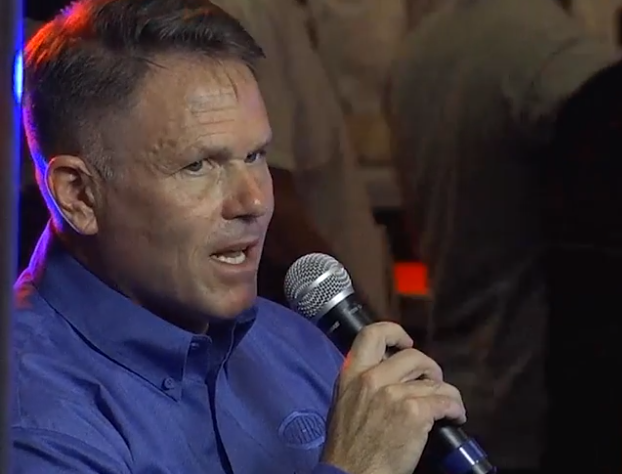 Thursday’s cancellation of the Flav-R-Pac Northwest Nationals near Seattle had some wondering if the NHRA’s ambitious plan of 16 races in 16 weeks would trigger a domino effect, that one state after another might not permit drag racing in front of spectators.
Thursday’s cancellation of the Flav-R-Pac Northwest Nationals near Seattle had some wondering if the NHRA’s ambitious plan of 16 races in 16 weeks would trigger a domino effect, that one state after another might not permit drag racing in front of spectators.
It’s too early to predict how the 12 other states in play now that Washington has disallowed the July 31-Aug. 1 event at Pacific Raceways will react with regard to coronavirus restrictions.
But NHRA President Glen Cromwell gave the organization a strong bill of health.
“We, the NHRA, the sanctioning body, the association, we’re in a healthy position to weather the pandemic, whether it’s 2020 or 2021,” he said.
“I think every business has had to make changes to make sure they manage the balance sheet properly. We’ve made those changes and adjustments. We’re in a very comfortable and confident place that we’re here for many years to come,” Cromwell said.
“We’re in a healthy position. We have run models for the best-case and worst-case scenarios, both for 2020 and 2021,” he said. “We have to be a responsible sanctioning body, make sure that we remain stable. The tracks, the race teams, our partners, our sponsors, our race fans rely on the NHRA to be here for many years to come. Our leaders in our company have run financial models in every way possible to make sure that we remain healthy. We’re very comfortable with where we are. We’ve run the worst-case scenarios. So we know where we sit if that were to happen.
“We’ve run every worst-case scenario out there, and there’s risk,” Cromwell conceded. “Everybody in the outdoor business has risk, whether it’s baseball, NASCAR, or NHRA. The pandemic, you add that to the mix [of more predictable curveballs to field] . . . I can assure you, we’ve run every model.”
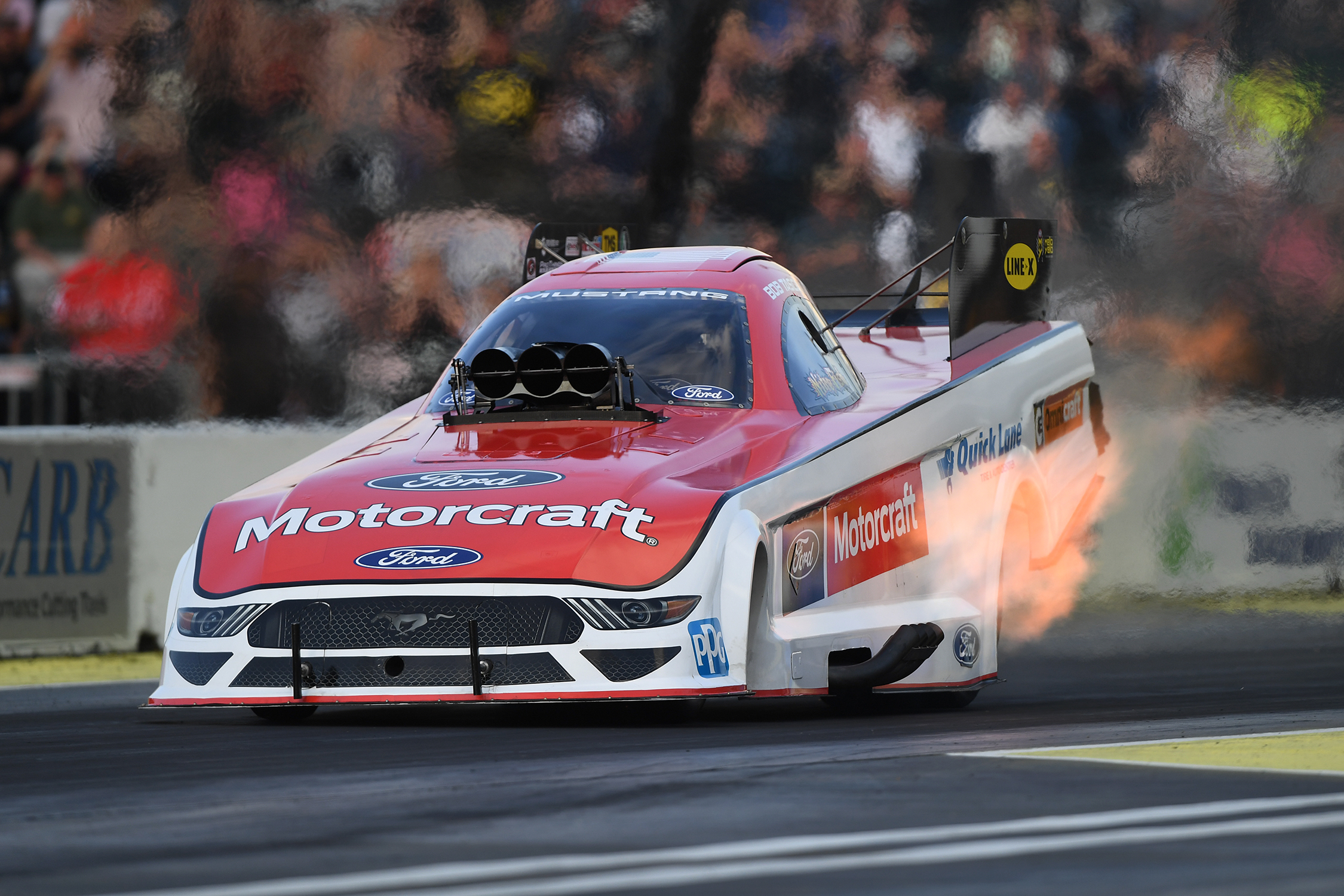 Despite the setback with Seattle, Cromwell said, “We put a schedule out there, [and] we feel comfortable [about] getting a schedule in. I think it’s important for the sport to be relevant. We’re working with state and local governments and the CDC. And every state is different. Every state has different guidelines, and we need to follow those guidelines. That is our plan.”
Despite the setback with Seattle, Cromwell said, “We put a schedule out there, [and] we feel comfortable [about] getting a schedule in. I think it’s important for the sport to be relevant. We’re working with state and local governments and the CDC. And every state is different. Every state has different guidelines, and we need to follow those guidelines. That is our plan.”
Talk of possibly canceling the 2020 season and re-energizing for a brighter 2021 campaign at one point was a possibility only because “everything was on the table,” according to Cromwell. But despite having to drop the Epping, Richmond, Norwalk, Chicago, Sonoma and Seattle races, as well as one of two planned races at both Las Vegas and Charlotte – more than one-fourth of the original line-up – the NHRA still is forging ahead with a goal to complete as many races as possible.
The NHRA’s TV agreement doesn’t offer the luxury of racing in front of empty grandstands, like NASCAR has been able to do without a devastating financial side-effect. But Cromwell remained optimistic some local restrictions might relax by the time the NHRA visits. For example, he said he had spoken casually with a contact at the Los Angeles County Fairgrounds about activity at the Fairplex, host of the mid-November Finals.
“We talked about the Fairplex and swap meets and things like that that are promising, that could be open up here in the fall, which I think is promising for us,” Cromwell said.
Besides, he asked, “What would be a tougher story for you to run: if we cancel the entire season and we have nothing and other sports are up and running versus where we’re going today? I like where we’re going today.
“There are opportunities for our sport. If we were to go down that road and cancel it, NASCAR’s running. IndyCar’s running. Baseball’s going to run a shortened schedule. Basketball, NHL [are coming back]. We’re in the entertainment business. And I think it’s imperative for us to be up and running in the safest manner as possible – which we are. We’ve got a lot of protocols. We’ve taken those proper steps. I think we’re in a good position.
“People can second-guess the direction we’re going, but I think it’s important for everybody in our sport to get back to racing,” Cromwell said. “Writing a story that the NHRA is the only one who didn’t race this year and pulled the plug, I think that would not be a very good story.”
Another not-so-welcome story that has been making the rounds in the past couple of months that the NHRA is financially unstable. That, Cromwell said, is incorrect: “I know there has been a lot of rumors out there, and those are false rumors. I’ve heard them from numerous people, and they’re false and they’re untrue. I don’t know where they’re getting that.”
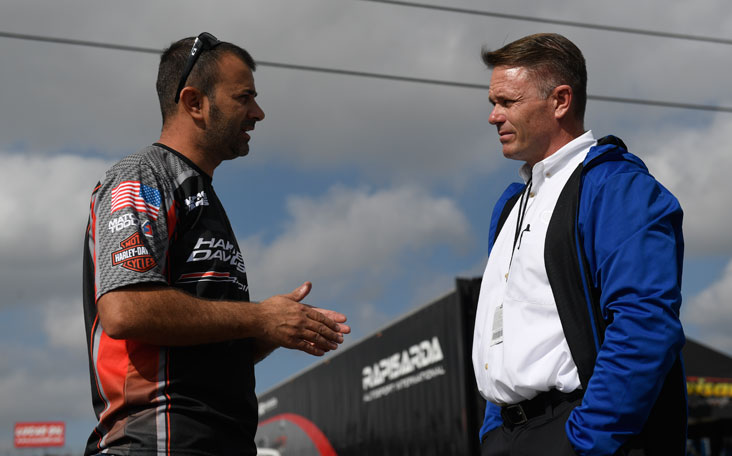 He said, “You’re looking for answers and direction, and I get that. But there’s just so much uncertainty out there, and it’s hard to give definite answers to you. People want certainty, and we live in a very uncertain world right now at all levels. And it’s hard to do that.
He said, “You’re looking for answers and direction, and I get that. But there’s just so much uncertainty out there, and it’s hard to give definite answers to you. People want certainty, and we live in a very uncertain world right now at all levels. And it’s hard to do that.
“I will tell you this: The NHRA is making decisions not just [for the benefit of] NHRA,” Cromwell said. “We are on the phone. We are communicating daily with all of our stakeholders. And we are laying out all the models. We’re laying out all the risks, challenges, that lie ahead. And whether it’s our race teams, whether it is our racetracks, our sponsors, our employees, or our fans, we’re communicating the best we can to keep everybody up to speed on what our plans are. And we typically finish every statement [by saying] things are fluid, there’s a lot of uncertainty, and we all need to work together and adapt if things need to change.
“We talk to our race teams almost on a daily basis. We share confidential information with each other. A lot of decisions are being made are taking into consideration the economics of our race teams, our racetracks, our sponsors, our fans. We wake up and we are working all day long, and I will tell you those are the things that we are communicating. A lot of the conversations over the last three or four months have been around the economics – not just the economics of the NHRA . . . we have a responsibility to do that, but . . . the responsibility we take to make sure our race teams stay healthy, that our racetracks stay healthy, that our sponsors stay with us and feel good about their structure, make sure we treat our fans the best way we can, and our employees,” he said. “It’s continued communication. We’re lock in step with everybody.
“And I have to say, working in this industry has been the best experience because of how people have come together to work in this very challenging time. Everybody is coming together and working together like I’ve never seen before. And I have worked at other places before I joined NHRA, and it’s nothing like this,” Cromwell said. “That tells you we’re in a very challenging time, but I have a high level of confidence and optimism in where we go and what it is we’re going to face in the near future, we’re going to do it together.”
























